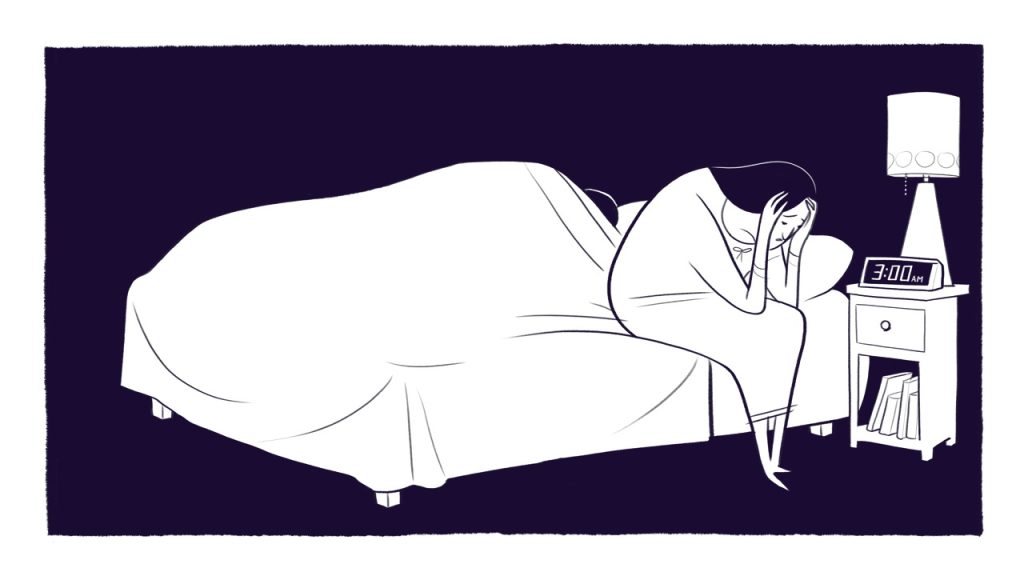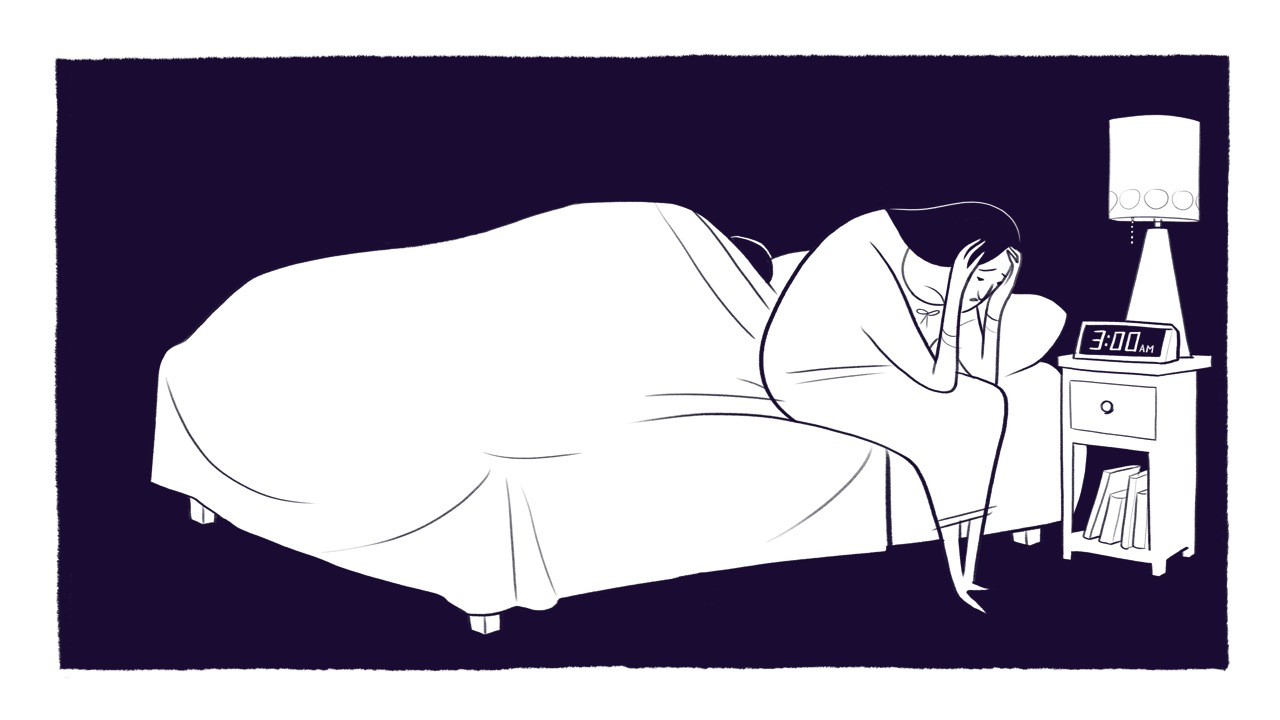He’s Been Smoking Pot Half His Young Life

This post originally appeared on our Member Site blog, where experts respond to members’ questions and concerns. To learn more about membership, see our Membership Benefits page.

Dominique Simon-Levine responds to this mother’s concerns below.
Pot today is a different drug:
Marijuana use can be difficult to categorize. The drug appears less harmful than alcohol and has fewer withdrawal symptoms. It is still, however, a powerful drug, made ever more so in its current manifestation. THC levels in the drug (the active chemical in cannabis) can be as low as 10-15% (more common in the drug of our youth) and as high as 80-90%. Experts describe the pot of today as a completely different drug.
If I had to characterize pot users in one sentence I would describe them as observers of their own life. This passivity cripples ambition and motivation.
Your relationship with your son is unusually strong. That he shares with you and that you listen without judgment is the bridge we talk about building between family and loved one. With this connection, your son will come to you when it hurts.
Building the bridge and keeping it open
The bridge is often damaged or destroyed through conflict and frustration with drug use, or perhaps it never existed, but it is a primary goal of this work.
Your son has tried, but has not continued, seeing a therapist. Was the therapist not right for him? Are there resources in your area specific to marijuana? Resources specific to young people? You need to prepare that treatment list I often talk about. It needs to be at-the-ready for when he says to you: “I’m hurting.” (Become a member to get full access to our eLearning Modules and learn how to research treatment options and prepare your intervention).
Your role is to keep that bridge open and be ready to have that talk about treatment when he signals a desire for change.
Should you take away your financial support?
The other part of your comment has to do with the resources you provide your son in the form of school fees and rent. Should you cut that back? Would that help?
The equation is relatively simple: more fixed expenses = less money for drugs.
Is it possible to make him responsible for a little more? Like the heating bill? It would be a shame to see him drop out of school. He is doing well and classes provide an important level of structure in his life. He struggles with keeping a job and with bills already. Perhaps you can tweak things a little, but not if it endangers the bridge between you.
Your son enjoyed 5 drug-free days with his family. Family matters to him and he is able to stop using in order to have that time together. That is important information. This is the reward we talk about: the idea that you can put rewards in place that discourage use. (Module 5 talks about this) In this case, the reward for drug-free was a time to feel love, and feel cared for by family, and to be reminded how good it can feel without the crutch of a drug.
One last comment: the cigarettes are worrisome but I suggest you put that problem aside to focus on the marijuana. In responding to your son, you want your actions to clearly line up with the drug use. Addressing cigarettes can muddle your focus.
Look after yourself
Dealing with your own worry and stress is important. Obsessing about your son doesn’t help him or you. You need to be in good shape. Many of our posts, and the Sanctuary, available on our member site, provide ways to help with this. So does Module 7 (view an excerpt of Module 7 on youtube). Focus equally on yourself and put more in place to help with your runaway thoughts. It’s exhausting to stay inside the vicious cycle of worry.
A membership at Allies in Recovery brings you into contact with experts in the fields of recovery and treatment for drug and alcohol issues. Our learning platform introduces you to CRAFT and guides you through the best techniques for unblocking the situation. Together we will move your loved one towards recovery. Learn more here.
